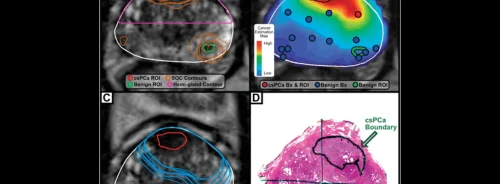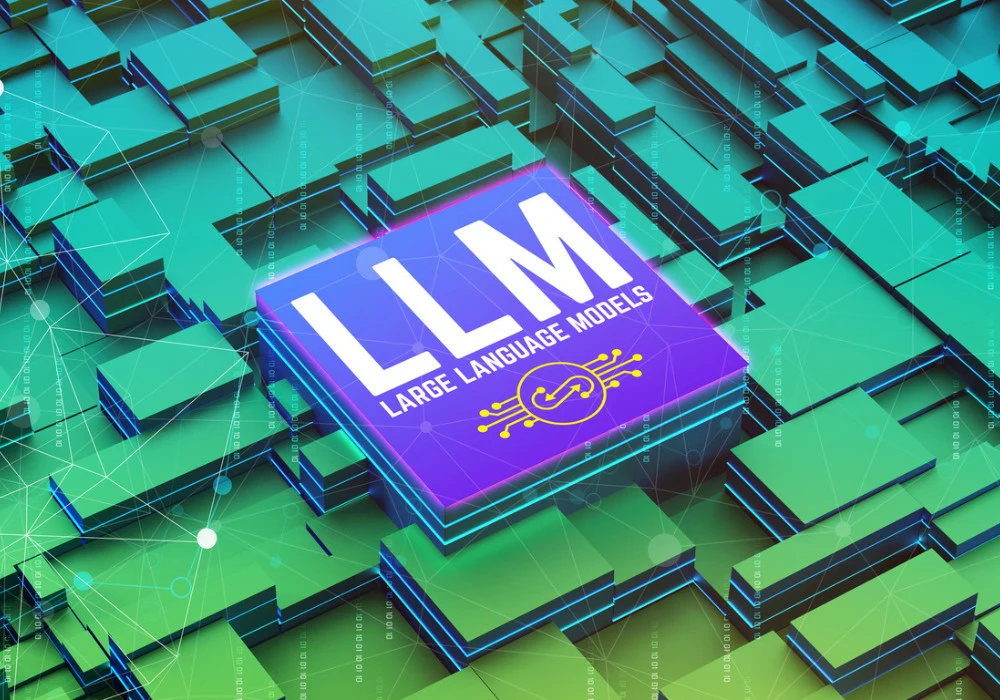Large Language Models (LLMs) have transformed numerous industries by generating content and making predictions based on vast amounts of text data. LLMs present significant opportunities in healthcare, but these advancements come with challenges that need careful handling. Since the introduction of ChatGPT by OpenAI, the potential of LLMs in healthcare has been a hot topic among professionals, highlighting both their promise and the need for stringent safeguards.
Transforming Healthcare with LLMs
LLMs have been swiftly integrated into various healthcare applications, primarily focusing on communication enhancement and data analysis. According to Gartner, these AI models excel in understanding and generating content, which makes them suitable for summarising patient records and answering clinical queries. LLMs are categorised into those trained on medical documents and those using structured medical codes, with each type having distinct applications. For instance, they can manage disease data and streamline prior authorisation processes, significantly reducing the workload on healthcare professionals.
Enhancing Clinical Documentation
One of the most significant applications of LLMs in healthcare is in clinical documentation. Ambient clinical voice technologies powered by AI are increasingly used to automate the creation of clinical visit summaries. These tools integrate seamlessly with electronic health record (EHR) systems, which are central to clinical operations. Major EHR vendors like Epic and Cerner have started incorporating AI-driven documentation tools, enhancing efficiency and reducing burnout among healthcare providers. Clinicians can focus more on patient care by minimising the time spent on documentation, demonstrating a direct benefit of LLM integration.
Improving Patient Communication
LLMs are also revolutionising patient communication. They provide accurate translations of medical information into everyday language and support multilingual communication, breaking down language barriers in patient care. Moreover, LLMs assist in managing the growing volume of patient messages, especially outside regular business hours. Although these AI models require careful monitoring to ensure accuracy and prevent harmful recommendations, they have shown potential in reducing clinician workload and improving the quality of patient interactions. Studies indicate that AI-assisted responses can be more empathetic, contributing positively to patient satisfaction.
Safeguards and Ethical Considerations
Despite their benefits, the deployment of LLMs in healthcare raises significant ethical and safety concerns. The World Health Organization (WHO) has highlighted risks such as inaccuracies, biases, and privacy threats. Developers and users of LLMs must adhere to stringent guidelines to mitigate these risks. These include using diverse data sets, implementing explainable AI techniques, and ensuring continuous evaluation and transparency in the development process. One of the critical challenges is managing "hallucinations," where LLMs generate incorrect outputs. This necessitates a robust review mechanism to validate AI-generated content, especially in clinical settings.
LLMs have the potential to reshape healthcare by enhancing efficiency, improving patient communication, and reducing administrative burdens. However, the successful integration of these models requires a careful balance between leveraging their capabilities and implementing strong safeguards to address ethical and safety concerns. Continuous evaluation and feedback loops are essential to refine these models and ensure they contribute positively to healthcare outcomes. As we navigate this new frontier, the collaboration between technology developers and healthcare professionals will be crucial in realising the full potential of LLMs in transforming healthcare.
Source: HealthTech Magazine
Image Credit: iStock






